How Much Does Solar Panels Save?
How Much Do Solar Panels Save? A Comprehensive Guide
In recent years, the adoption of solar panels has surged as more homeowners and businesses seek sustainable and cost-effective energy solutions. One of the most compelling reasons for this shift is the potential for significant savings on electricity bills. However, the exact amount of savings can vary widely based on several factors. This article aims to provide a detailed analysis of how much solar panels can save you, considering various influencing factors and practical scenarios.
Understanding Solar Panel Savings
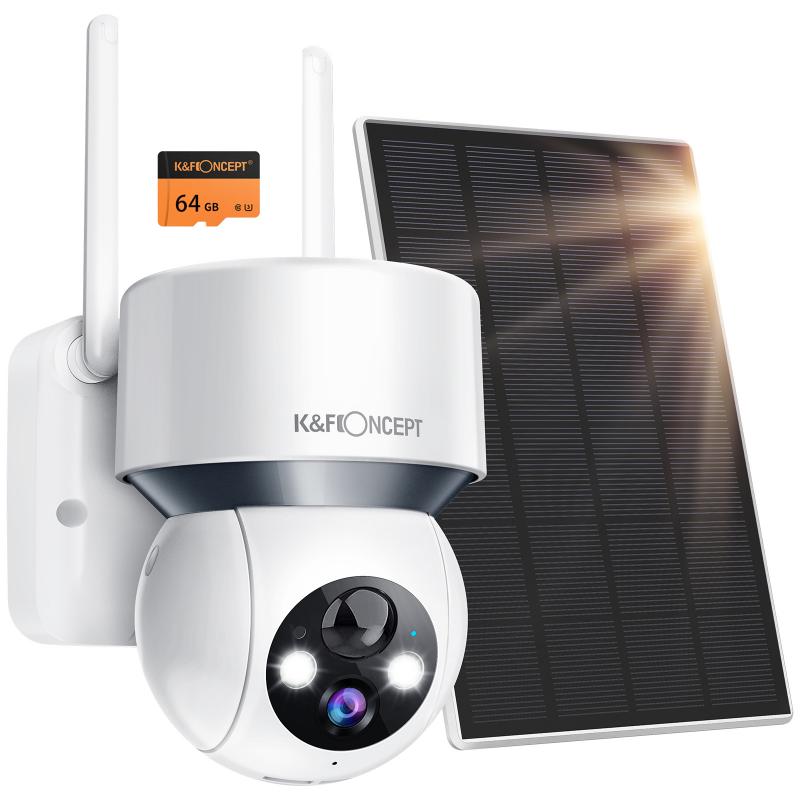
Solar panel savings primarily come from reducing or eliminating your electricity bills. When you install solar panels, you generate your own electricity, which means you buy less from your utility company. Over time, these savings can add up to a substantial amount. Here are the key factors that determine how much you can save:
1. Geographical Location
2. Electricity Consumption
3. Solar Panel System Size
4. Cost of Electricity
5. Incentives and Rebates
6. Financing Options
Geographical Location

Your geographical location plays a crucial role in determining how much you can save with solar panels. Areas with more sunlight hours will generate more electricity, leading to higher savings. For instance, states like California, Arizona, and Nevada receive abundant sunlight, making solar panels more efficient and cost-effective. Conversely, regions with less sunlight may see lower savings.
Electricity Consumption

The amount of electricity you consume directly impacts your savings. Households with higher electricity usage will benefit more from solar panels because they offset a larger portion of their electricity bills. For example, if your monthly electricity bill is $200, and solar panels can cover 80% of your usage, you could save around $160 per month.
Solar Panel System Size
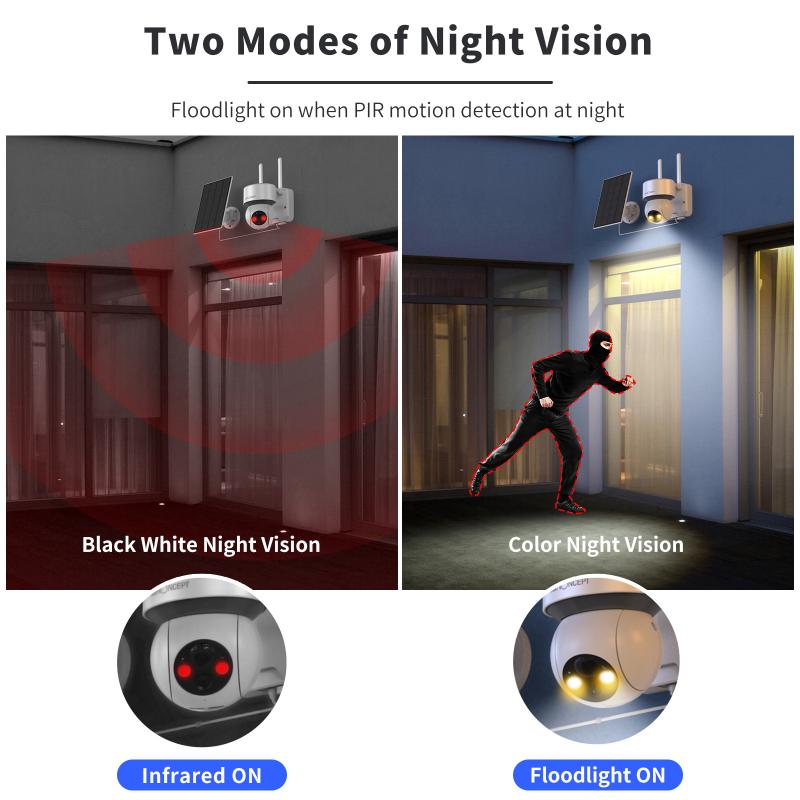
The size of your solar panel system is another critical factor. A larger system can generate more electricity, leading to higher savings. However, the initial cost of a larger system is also higher. It's essential to find the right balance between system size and cost to maximize your savings.
Cost of Electricity
The cost of electricity in your area significantly affects your savings. In regions where electricity rates are high, the savings from solar panels will be more substantial. For instance, if you live in a state with an average electricity rate of $0.15 per kWh, and your solar panels generate 1,000 kWh per month, you could save $150 monthly.
Incentives and Rebates
Government incentives and rebates can significantly reduce the cost of installing solar panels, thereby increasing your savings. The Federal Investment Tax Credit (ITC) allows you to deduct 26% of the cost of installing a solar energy system from your federal taxes. Additionally, many states and local governments offer rebates and incentives that can further reduce the cost.
Financing Options
How you finance your solar panel system also affects your savings. Paying upfront will yield the highest savings over time, as you avoid interest payments. However, if you opt for a solar loan or lease, your monthly payments will reduce your overall savings. It's crucial to evaluate different financing options to determine which one offers the best return on investment.
Calculating Your Savings
To give you a clearer picture, let's break down a hypothetical scenario:
- Location: California
- Monthly Electricity Bill: $200
- System Size: 6 kW
- Cost of Electricity: $0.20 per kWh
- Incentives: 26% Federal Tax Credit
1. Annual Electricity Consumption: $200 x 12 = $2,400
2. Annual Electricity Usage: $2,400 / $0.20 = 12,000 kWh
3. Solar Panel Output: A 6 kW system in California can generate approximately 9,000 kWh annually.
4. Electricity Offset: 9,000 kWh / 12,000 kWh = 75%
5. Annual Savings: $2,400 x 75% = $1,800
After applying the 26% Federal Tax Credit, the cost of a 6 kW system might be around $12,000. Therefore, your payback period would be approximately $12,000 / $1,800 = 6.67 years. After this period, the electricity generated by your solar panels would essentially be free, leading to substantial long-term savings.
Long-Term Financial Benefits
While the initial cost of solar panels can be high, the long-term financial benefits are significant. Solar panels typically have a lifespan of 25-30 years, and most come with a 25-year warranty. After the payback period, the electricity generated is essentially free, leading to decades of savings.
Moreover, solar panels can increase the value of your property. Studies have shown that homes with solar panels sell faster and at a higher price than those without. This added value can further enhance your overall savings.
Environmental Impact
Beyond financial savings, solar panels offer substantial environmental benefits. By generating your own electricity, you reduce your reliance on fossil fuels, leading to lower carbon emissions. This contribution to a cleaner environment is an added incentive for many homeowners and businesses to invest in solar energy.
Practical Considerations
Before installing solar panels, it's essential to conduct a thorough assessment of your property and energy needs. Here are some practical considerations:
1. Roof Condition: Ensure your roof is in good condition and can support the weight of solar panels.
2. Shading: Evaluate any potential shading from trees or nearby buildings that could affect the efficiency of your solar panels.
3. Energy Efficiency: Implement energy-efficient practices and appliances to reduce your overall electricity consumption, maximizing the benefits of your solar panel system.
Solar panels offer a compelling opportunity for significant savings on electricity bills, along with long-term financial and environmental benefits. While the initial investment can be substantial, various factors such as geographical location, electricity consumption, system size, cost of electricity, incentives, and financing options play a crucial role in determining your overall savings.
By carefully evaluating these factors and conducting a thorough assessment of your property and energy needs, you can make an informed decision about investing in solar panels. With the right approach, solar panels can provide substantial savings, increase your property value, and contribute to a cleaner, more sustainable future.


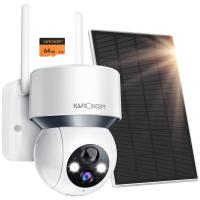
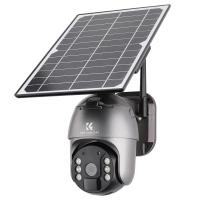
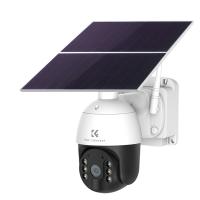
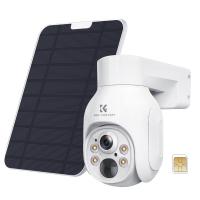
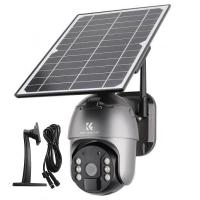
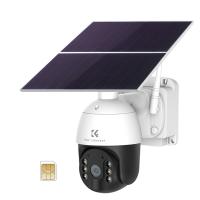
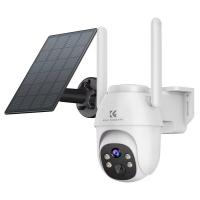


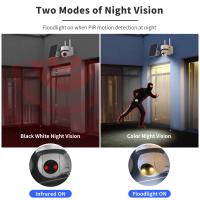






There are no comments for this blog.